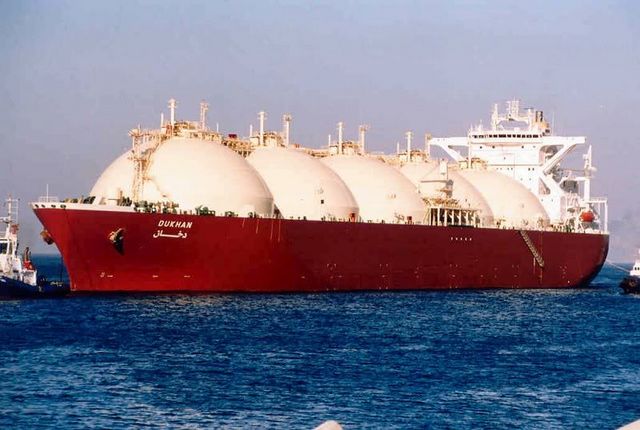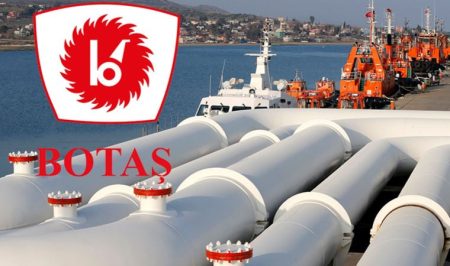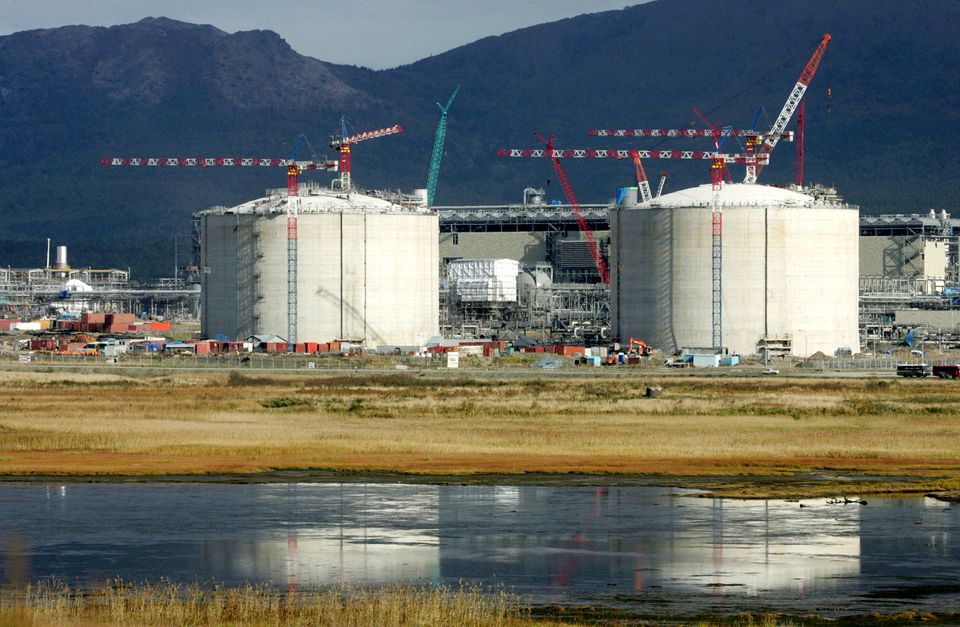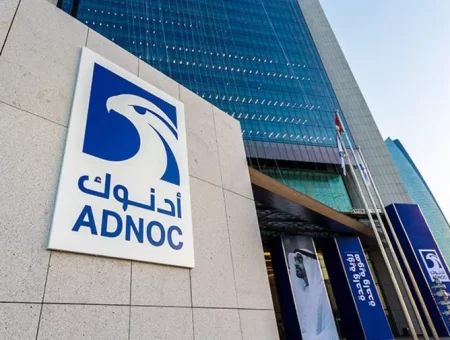
Islamabad — Qatar has emerged as the front-runner for a long-term gas supply deal to Pakistan, a senior Pakistani official said, with the cabinet of Prime Minister Imran Khan set to decide in the coming weeks on an agreement, Reuters reported on Friday.
Pakistan, with 208 million people, is running out of domestic gas and has turned to liquefied natural gas (LNG) imports to alleviate chronic energy shortages that have hindered its economy and led to a decade of electricity blackouts.
Qatar is already Pakistan’s biggest gas supplier after signing a 15-year agreement to export up to 3.75 million tonnes of LNG a year to the South Asian country. That 2016 deal supplied Pakistan’s first LNG terminal.
Emerging as one of the world’s fastest-growing LNG markets, Pakistan is looking to secure long-term supply contracts for its second LNG terminal, which can receive 600 million cubic feet per day (mmcfd) of natural gas.
Pakistan has already signed a five-year import deal with commodity trader Gunvor and a 15-year agreement with Italy’s Eni but is seeking long-term agreements for about 400 mmcfd.
Pakistan has been negotiating with eight countries with whom it has signed inter-governmental agreements in recent years, including Qatar, Russia, Turkey, Italy, Oman, Azerbaijan, Malaysia, and Indonesia. A Saudi Arabian delegation representing state-owned Saudi Aramco has also shown interest in a gas deal.
The senior Pakistani official told Reuters that state-run Qatargas put forward the lowest bid for a long-term LNG supply contract that would have a price review after five or 10 years.
“Qatar has offered the lowest price,” said the official, declining to say the amount of LNG or the price offered by Qatar.
Pakistan’s cabinet is in the next week or two expected to decide if it will proceed with a government-to-government deal when it will also decide on the size, he said.
Cash-strapped Pakistan is most likely to go with the cheapest supplier, in this case, Qatar, officials have said. However, the government may choose more expensive rates to bolster its relations with a chosen country.
Khan’s cabinet could also choose to put out an open tender for long-term agreements, said the senior official. However, some energy officials believe direct government-to-government deals could offer better rates than tendering.
The Pakistani official added that Saudi Aramco may sign a long-term supply deal with Pakistan, potentially also providing some of the 400 mmcfd available at the second terminal.



